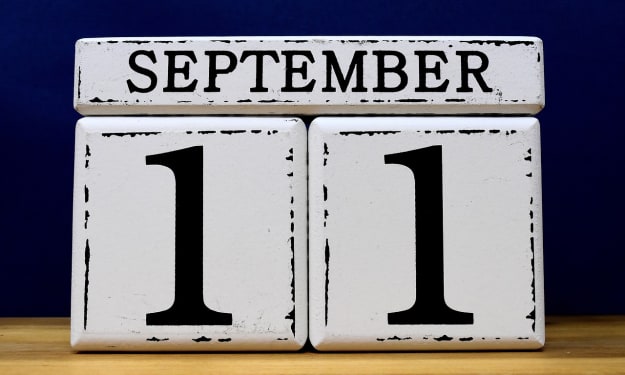Panic Attacks
Understanding and effective coping strategies.

A panic attack is an intense surge of fear or anxiety that can happen suddenly and without warning. It is often accompanied by a variety of physical and psychological symptoms, which can be incredibly distressing. Understanding panic attacks and learning how to manage them effectively is crucial for anyone affected by this condition.

Symptoms and Causes
Panic attacks can manifest through a range of symptoms. Physically, one might experience heart palpitations, sweating, trembling, shortness of breath, chest pain, dizziness, or stomach upset. Psychologically, a person may feel an overwhelming sense of dread, fear of losing control, or a feeling of detachment from reality. These symptoms typically peak within minutes and can leave the individual feeling exhausted and frightened.
The exact cause of panic attacks is not fully understood, but several factors are believed to contribute. Genetics may play a role, as panic attacks can run in families. Significant stress, such as the loss of a loved one, divorce, or job loss, can trigger attacks. Additionally, certain medical conditions and substances, such as caffeine or stimulant medications, can increase the likelihood of experiencing a panic attack.
Immediate Coping Strategies
When a panic attack occurs, employing immediate coping strategies can help reduce the severity and duration of the episode. One effective method is deep breathing. Slow, deep breaths can help calm the body's stress response. Inhale deeply through the nose, hold the breath for a few seconds, and then exhale slowly through the mouth.
Grounding techniques can also be beneficial. This involves focusing on the present moment to divert attention from the panic attack. A common grounding exercise is the 5-4-3-2-1 technique: identify five things you can see, four things you can touch, three things you can hear, two things you can smell, and one thing you can taste.
Reassuring oneself that the panic attack is temporary and not life-threatening can also be helpful. Remind yourself that you have survived panic attacks before and that this one will pass too.
Long-term Management
For those who experience recurrent panic attacks, long-term management strategies are essential. Cognitive-behavioral therapy (CBT) is a highly effective treatment. CBT helps individuals identify and challenge negative thought patterns and behaviors that contribute to panic attacks. Through exposure therapy, a component of CBT, individuals gradually confront their fears in a controlled environment, which can help desensitize them to triggers.
Medication can also be a useful tool for managing panic attacks. Antidepressants and anti-anxiety medications can help regulate the brain's chemical balance, reducing the frequency and severity of attacks. It is important to consult a healthcare professional to determine the most appropriate medication and dosage.
Lifestyle changes can have a significant impact on reducing panic attacks. Regular physical activity, a balanced diet, adequate sleep, and minimizing caffeine and alcohol intake can all contribute to improved overall mental health. Stress management techniques, such as mindfulness meditation, yoga, and progressive muscle relaxation, can also be beneficial.
Support Systems
Having a strong support system is crucial for individuals dealing with panic attacks. Friends, family, and support groups can provide emotional support and understanding. Sharing experiences with others who have gone through similar situations can be comforting and offer practical advice.
Conclusion
Panic attacks are challenging, but with the right strategies, they can be managed effectively. Immediate coping techniques, long-term management strategies, and a strong support system can all contribute to reducing the frequency and impact of panic attacks. Understanding and addressing the underlying causes is key to improving the quality of life for those affected by this condition. If you or someone you know is struggling with panic attacks, seeking professional help is an important step toward recovery.
About the Creator
Daniel Perangin-angin
I am a husband with no kids. I like travelling.
Enjoyed the story? Support the Creator.
Subscribe for free to receive all their stories in your feed.






Comments (1)
Your comprehensive guide to understanding and managing panic attacks is invaluable. Thank you for shedding light on such an important topic and providing practical strategies for coping and seeking help.